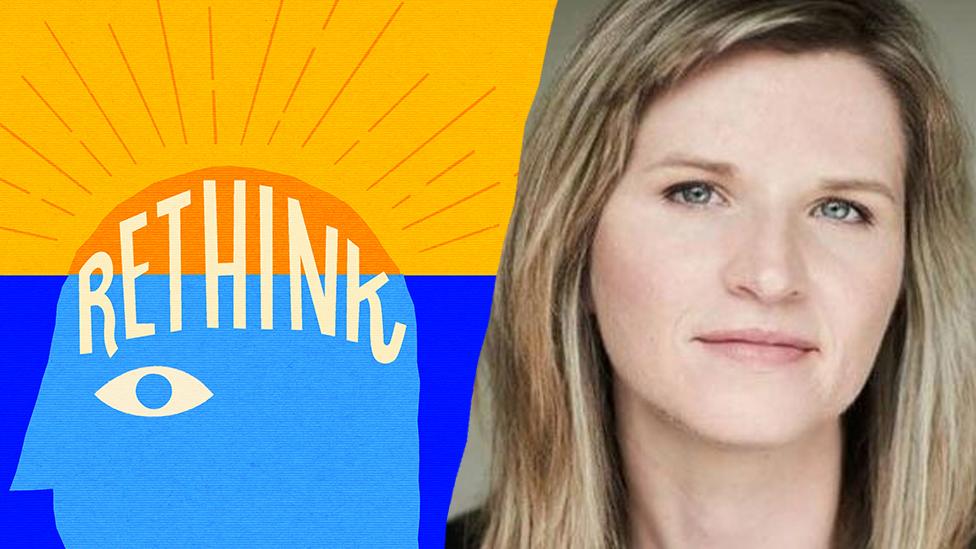Rethink: 'There has been a renaissance of love for nature,' says author Lucy Jones
- Published
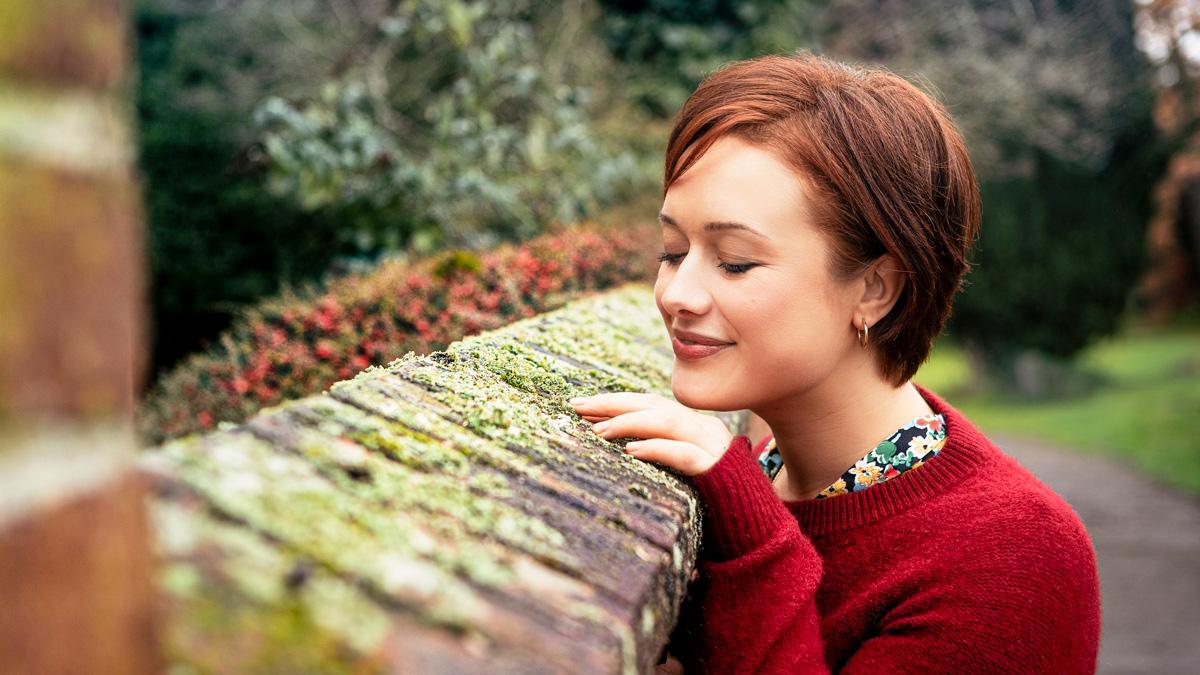
Writer and author Lucy Jones considers how - post-lockdown - we can capitalise on our rediscovered love of nature. She says it isn't a frill or a luxury and the smallest of open spaces in urban areas should be transformed.

While researching the relationship between nature and mental health over the last number of years, I wondered whether a need to connect with the wild might be dormant in much of the West. It seemed that the biophilia gene - the idea that we have an innate affinity to the living world - simply hadn't been triggered for many in our eco-alienated society.
The UK is one of the most nature-depleted countries in the world. Over 2.5 million people don't live within easy walking distance of a green space.
Deep-rooted structures of injustice mean many feel unwelcome in natural environments.
As nature declines, so too does our relationship.
Or so I thought.
For in lockdown, there has been a renaissance of love for nature.
People found solace in the unfurling of spring. Others found companionship in nature at a time of loneliness and grief. We saw and heard things we'd never taken the time to notice before: the return of the swifts, the sound of a cuckoo.
UK visits to parks were up 67% and nearly 90% of people said being in nature made them happy. Retailers reported record demand for seeds. Bird-song replaced car horns. You could hear insect buzzing instead of the drone of the motorways.
Connection with nature is crucial for mental health... It is akin to eating vegetables or getting a good night's sleep.
Lockdown suggested to us the primal value of connecting with the wild. Now we know it feels good, but is there any science backing this up?
There is now a robust evidence base from scientific disciplines across the world that proves connection with nature is crucial for mental health.
From stress recovery to brain activity, the nervous system to the microbiome, the pathways are myriad. It is akin to eating vegetables or getting a good night's sleep.
So, how can we bring our lockdown-triggered biophilia into the new world?
Inequality of access to nature must be a political priority.
People who lived near parks that were locked, or in areas with scant greenery, were denied the restoration and peace of the natural world. Expecting people to live on streets without trees, or children to play in concrete squares, is a stain on our society.
Nature isn't a frill, or a luxury, or an add-on. Nor should it be protected because of what it can do for us.
We can make our neighbourhoods biophilic. We can be better co-tenants with other species.
Let's transform sterile public gardens into miniature woodlands, roundabouts into rainforests, industrial estates into orchards, obsessionally tidy road verges into meadows.
Let's ask, why aren't all farming methods earth-friendly as standard? Why don't all housing blueprints include the interests of the wild plants and pollinators? How come the vast majority of the English countryside is forbidden to people, because of laws of trespass?
We need a new relationship with nature. A relationship built on empathy and reciprocity. This is a chance to create a new, biophilic society; a society in which connection with a healthy natural environment is a birthright; a society in which the destruction of nature is not a given.

BBC Radio 4, Radio 5 Live and the World Service have come together for a unique collaboration: BBC Rethink. It asks how society and our lives can change for the better after the Covid-19 crisis.
You can hear the BBC Rethink episodes on BBC Sounds.
Read the other essays:
The Pope talking about poverty
Sleep scientist Matthew Walker on rest during lockdown
Poet Caleb Femi on education
Tara Westover: 'We are one people'

- Published24 June 2020
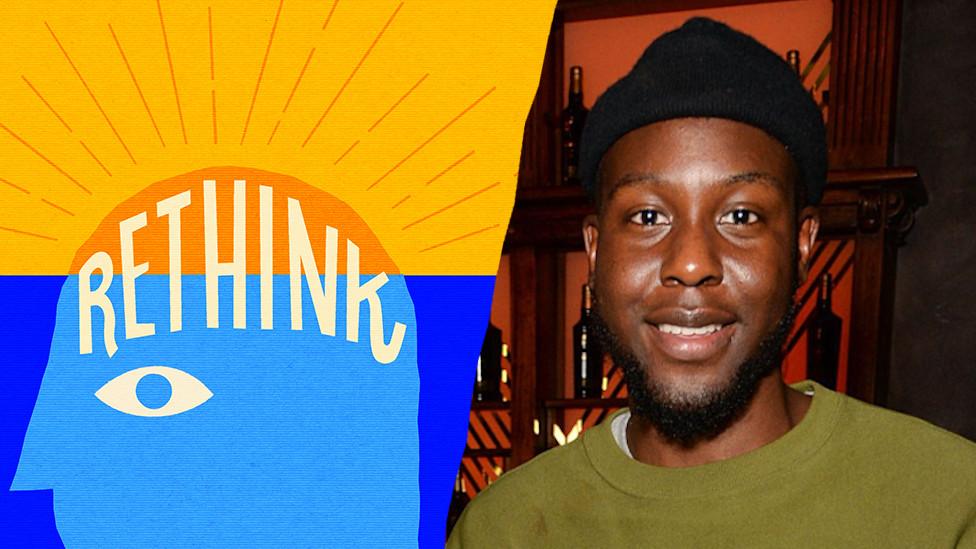
- Published23 June 2020

- Published22 June 2020

- Published10 June 2020
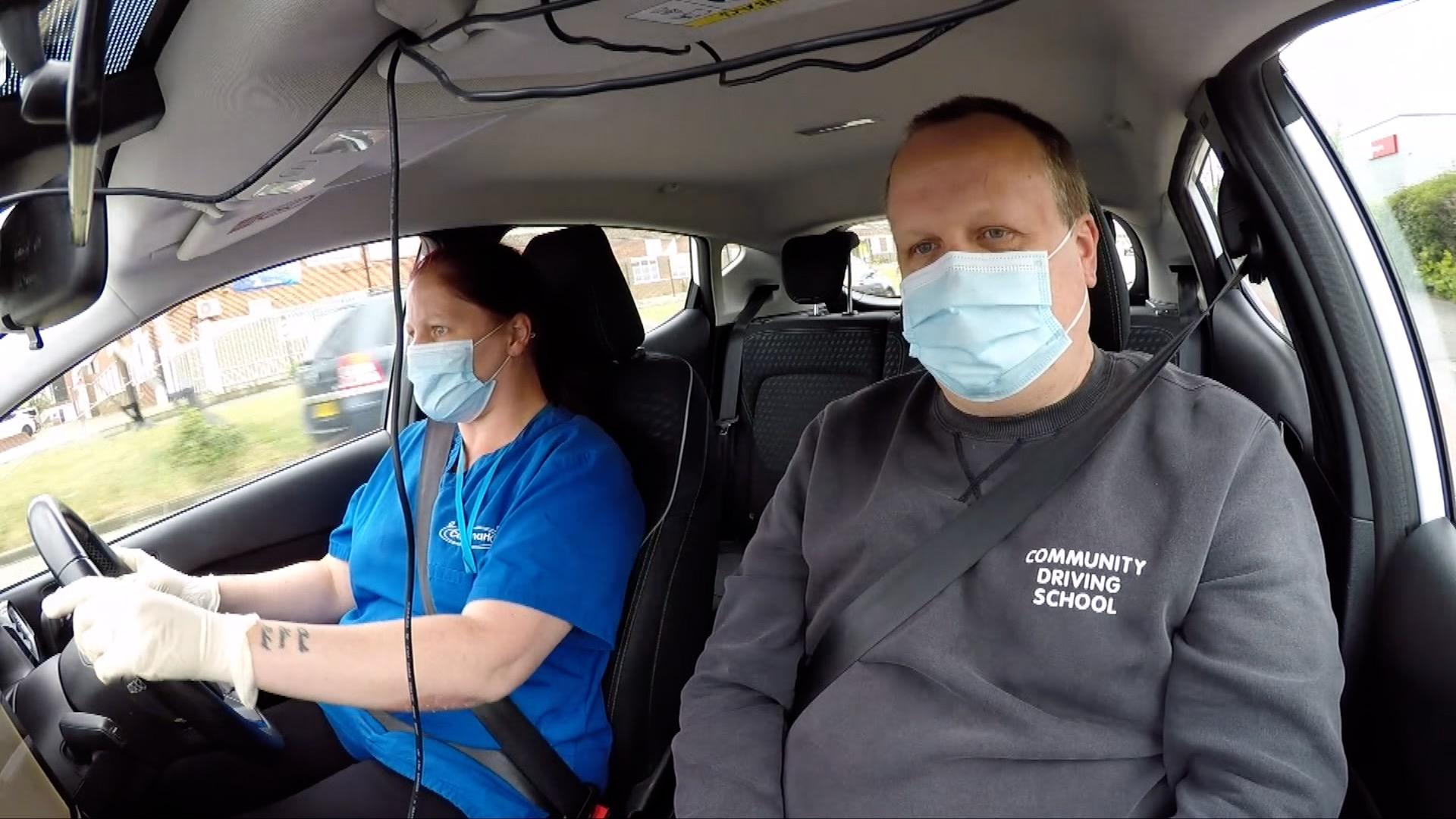
- Published10 June 2020
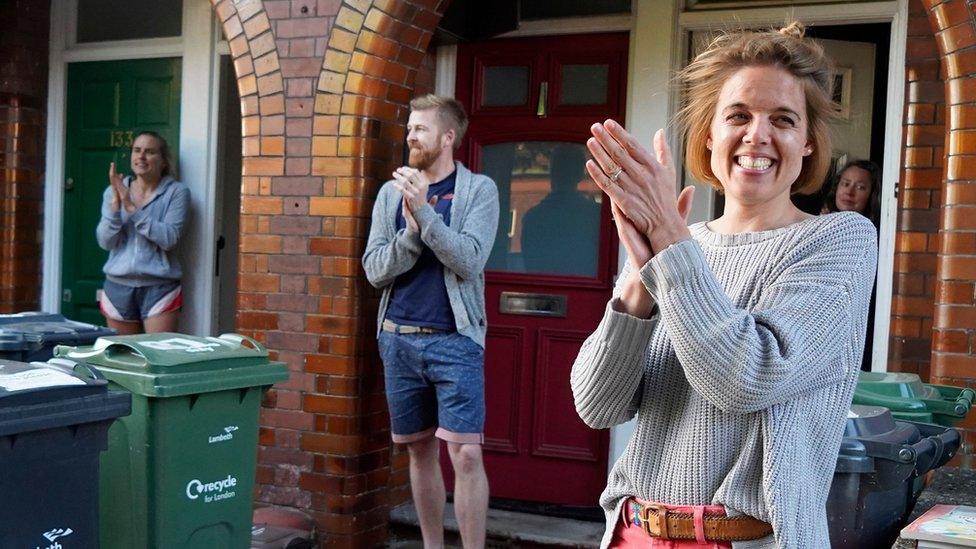
- Published25 May 2020

- Published25 June 2020
